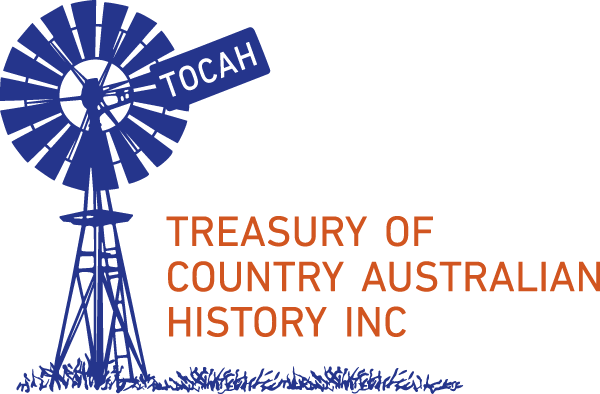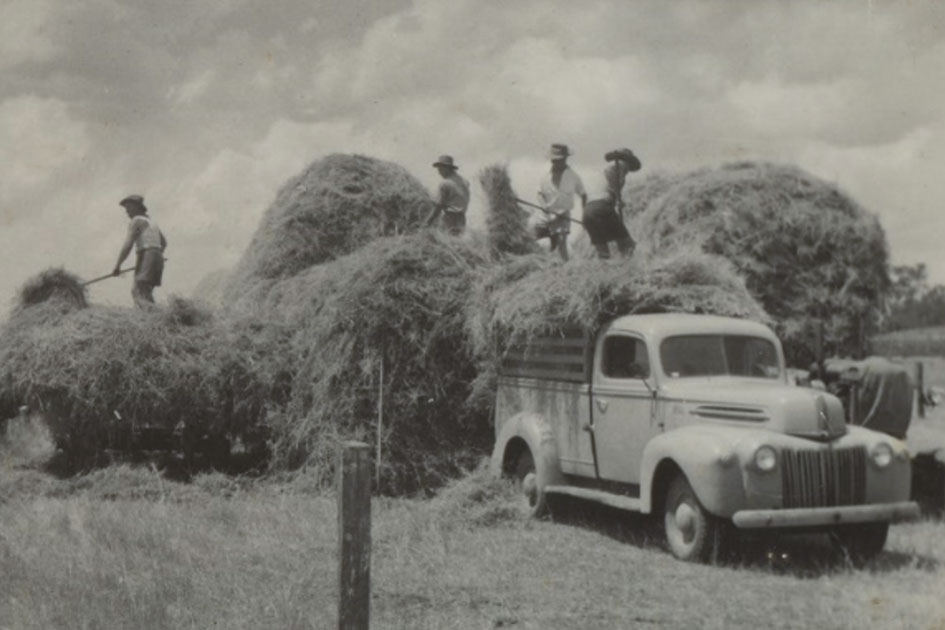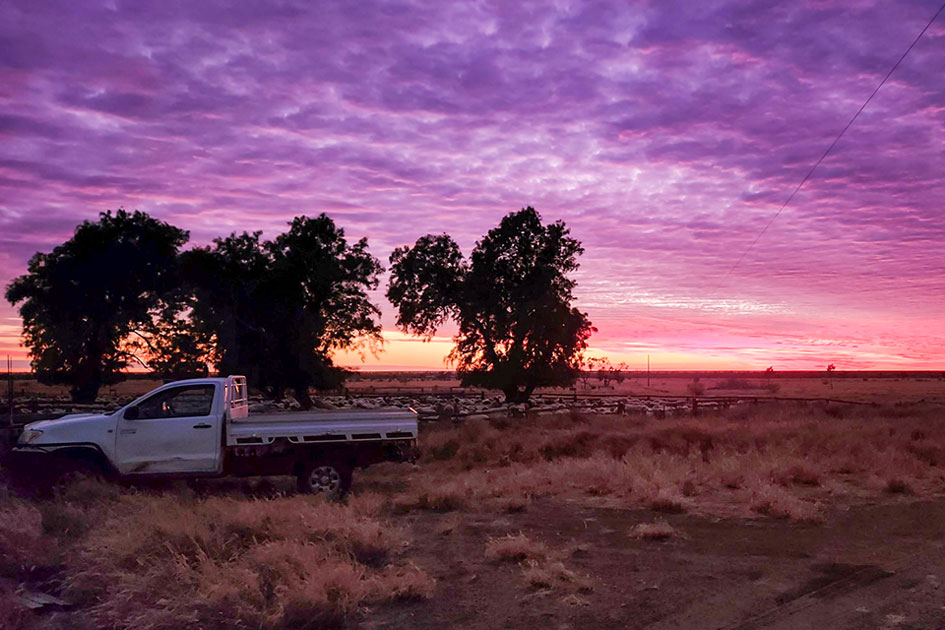How To ...
PAPER RECORDS
STAGE ONE – ORGANISING PERSONAL AND FAMILY RECORDSAt some time in life, we are faced with having to organise personal papers and maybe family and business records we have inherited. You may be required to sort filing cabinets and cupboards in someone else’s home. Well organised people have their files in meticulous order but most of us find that difficult, and, unfortunately, as we get older, the organisation gets both overwhelming and more complex. Generally, we have several different types of records to organise:
- Our personal papers,
- Records we inherit from immediate family members - covering their life activities,
- Family history collections.
Organising records is further complicated because now we have both paper-based and digital records. Our earlier records may be on paper but increasingly our current activities are managed online. We receive digital records daily (such as car registration, health records, bank statements, registrations for activities, membership of organisations, etc.) As a result of this, we require a filing system for both paper-based material, and, until you can digitise your life activities, a digital system for our online activities. Digital filing systems will be discussed at a later stage.
PERSONAL PAPERS
As part of life, we keep records listing our current activities as well as our own past – finance, education, profession, career/work, personal life and activities, home ownership, etc.
Apart from financial records important to your everyday life, have you kept work records, resumes, diaries, academic achievements, professional involvement, family and personal photographs (labelled), records of your hobbies and interests, and community activities? Remember, your family life activities are important to your descendants, as your ancestors’ lives are important to you.
Checklist of what to keep (remember to keep historically important material)
50 Important Papers and Documents You Need to Keep – Free Checklist! – The Savvy Sparrow – https://thesavvysparrow.com/important-papers-documents-checklist/INHERITED RECORDS
You may have inherited records from a relation and now have the task of preserving them for the family. It is always a shock when you are faced with records someone else has gathered. To many people the temptation is to burn the lot – PLEASE DON’T.
Your relation may have been engaged in business, community organisations, sport and hobby groups, or a multitude of other interests, such as writing poetry, photography, painting, writing for various magazines, etc., so care must be taken to identify these interests to save the records. These records are important to the next generations as they provide a picture of family lives – work, sport, hobbies, community support, achievements, awards, etc. From these records family descendants can recognise the importance of the collector as well as an understand more about their ancestors – your great-grandchildren will appreciate them.
Collections you have to deal with can be very complex, members of your family may have a lot of interests, such as:
------ Soccer Award, 1962
------ Business, 1960-1995,
------ Art Award, 1986, 1987, 1990
------ Show Society papers, 1970-1994,
------ CWA Society, 1975-1989,
------ Shire Council, Councillor, 1980-1994,
------ Station records, 1950-2010
-------Rainfall records of ---------- Station, 1966-1999.
These records are often in filing cabinets or cupboards and have a level of organisation but may have become shuffled over time.
FAMILY HISTORY COLLECTIONS
You may have also inherited the work of a dedicated family historian. He or she has spent years researching and collected information and documents detailing the history of your ancestors. Keeping these records are important so your descendants can recognise the importance of your family historian’s work, as well as understand more about their ancestors.
Family historians will have amassed quantities of documents, photographs, photo albums, diaries, printed publications, videos, etc., relating to ancestors, as well as the personal details of individuals.
Usually, family historians are organised and keep the material in filing cabinets under the surname of the family being researched. They will mostly also use dedicated family history software to record ancestral details. This software also needs preserving.
Family History Software
STAGE ONE – CREATING BASIC ORDER
Stage One is to create some sort of general order. There are many examples on the Internet on how to organise personal, family and business records, but they all need a planned system and initially this can be overwhelming.
The initial basic sorting - use the KISS principle!!
You will need:
- A room with lots of floor space,
- A pile of boxes (clean vegetable boxes are good – the top and bottom can both be used for temporary storage – see your greengrocer),
- Labels to identify each box,
- Naming protocols.
NAMING PROTOCOLS
It is useful to follow a set pattern for naming people, organisations, properties, places, etc. Documents relating to an individual who was the owner/generator of the files are held under the name of that person, but with a very busy life, this may result in a series of boxes relating to activities they were engaged in over their lifetime.
PEOPLE
SURNAME, First name
PLACES, ACTIVITIES, ORGANISATIONS
Full Name of organisation, etc., including branch if known, e.g. CWA Yeppoon.
Examples:
BROWN, John
- Box 1 (other boxes may be added)
- Family Background
- Education
- Academic study, ------- University (1965-1970)
- Military
- Career/Business
- Activities,
- …… Rugby Club (Sporting Group) (1970-2000)
- P&C Associations, ------Children’s schools, (1975-77)
- ……. Agricultural Society (1999-2012)
- ……. Stud-Breeding Society (1987-1996)
BROWN, Mary nee JONES
- Box 1. (other boxes may be added)
- Mary Jones - early life
- Family Background
- Education
- Sporting activities,
- Academic study, ------- University (1965-1970),
- Business
BROWN, Mary
- P&C Associations, ------ Children’s schools, (1977-1980),
- CWA, (1980-1995)
- ….. Art Society, (1987-2000)
- …. Art Awards
LABELLING BOXES
- Labels – use full length sticky labels that won’t fall off, or A5 blank paper with a glue stick,
- Sharpie pens,
- Label boxes in large print, preferably on one long and one short side (for visibility),
- Keep titles simple (see above).
STEP ONE – STARTING THE PROCESS
As you go through different filing cabinets and cupboards you are likely to find piles of material about the same name/organisation/activity in different places, add them to the correct boxes. Because you need a simple easy way to divide records into a logical order the following is useful:
- Lay the empty boxes around the room.
- Empty one filing cabinet drawers/cupboard shelf at a time.
- Inspect files to identify files the subject:
- Person (personal activity, e.g. sport, education - add to personal box).
- Organisation
- Add material to individual boxes and label them.
- Create more boxes as more names and organisations appear.
- People - add additional boxes under the name as more personal activities are identified.
- Pile documents in labelled boxes - do not sort contents.
- Plan how to disperse boxes.
Family History - Ardent family historians may have researched up to 10-20 family surnames going back centuries - each surname needs its own box(es), e.g.:
- Black family (1770–1900),
- Johnson family (1758-1850),
- Williamson family (1875-1920), etc.
You may well end up with 40+ boxes.
DISPOSAL OF BOXES
ORGANISATION RECORDS
Please do not discard.
Start with the records relating to outside activities – sporting, community groups, hobby clubs, etc., since these can be handed over to the organisations.
Voluntary organisation (community, sport, hobbies, service) records show the history of that body. These groups would love to have the documents returned to them – simply because, as they are voluntary, their historical records may have disappeared. Few of these groups have kept their records intact, so this collection is important to them.
Investigate the organisations and see if they are still operating and viable.
If so, contact them and offer the collection to them. If they agree, donate the material to them. If they are defunct, contact the regional, state or national body and ask them if they would like the archives. If the organisation no longer exists, contact the regional/local heritage authority and offer them the collection.
Do not sort, just give them the boxes – they will have their own archival systems.
Copyright - Donating this material
You will have to sign a copyright agreement giving them copyright over the donated materials. However, you have certain rights.
- You can ask that the collection be kept together under the name of your relation,
- You can request a digitised copy of the collection be returned to the family,
- You can also request the material be returned to you if this organisation ceases to exist.
Ensure you and the family have written, signed copies of this agreement.
YOUR PERSONAL PAPERS
This is a difficult decision to make. You could have 20-30 boxes of papers that you may not have room, interest, or ability to keep.
If you are prepared to organise the material, save the filing cabinets and see the following ideas on how to organise the material. There are a myriad online suggestions on how to organise your family materials. It is worthwhile considering digitisation of the collection and perhaps donation of originals to a society. The first step, however, is to get these papers into some sort of order.
If you decide to organise the records, start with yourself and organise the material relating to your life, as listed above. There are many examples online on how to organise your records, check them out and decide which is best for you. You may decide to donate them to family historians in the extended family or you may be part of forming a ………. Family history Society. Do not discard, discuss options with your family.
If you wish to reorganise your personal information there are online resources to assist you. Most of the information relates to family history collections but the information given is valuable.
Organizing Your Files
Family Search – https://www.familysearch.org/en/wiki/Organizing_Your_Files[Very thorough, recommends – one family, one family folder]
Organize Paperwork: How to Setup a Filing System for Family Papers
The Savvy Sparrow - https://thesavvysparrow.com/organize-paperwork-easy-family-filing-system/Organize Your Important Household Papers
Financial Security for all – https://personal-finance.extension.org/organize-your-important-household-papers-print-this-lesson/Organise your family history
https://organizeyourfamilyhistory.com/getting-started-going-digital/6 Steps to Organize and Store Your Old Records, Photos and Heirlooms
https://familyhistorydaily.com/genealogy-help-and-how-to/organize-genealogy-records-photos-heirlooms/Organising digital files for the family historian
https://www.graysgenealogy.com/2019/11/organizing-digital-files-for-family.htmlFAMILY HISTORY PAPERS
Who is going to be responsible for what?
You and the family will have to decide what you are going to do with these records. There are several options available.
- Formation of a ………. Family History Society
Discuss with your family whether it would be better to form a ……… Family History Society with paid membership and an elected committee, so that all members of the family have some input as to how this material is saved and preserved for the future. The Society may offer some financial help to a family volunteer to store, preserve and digitise the material.
- Family Volunteer Archivists
Ask for volunteers from within the family. Ensure that you have recipients sign forms to guarantee that they will preserve the material and digitise copies for the whole family. They may require financial assistance to do this. Once you have identified one or more members of the family, hand over the boxes to them – they will have their own way of preserving and organising the collection.
- Family Historians
You may have some other dedicated family historians in the extended family who will support the formation of a ……. Family History Society and guarantee to preserve the material. Family history researcher often specialise in particular strands of the family so the material may be spread around. Remember that interest in family history usually arises when people are in the 40s and 50s but sometimes younger people are interested but do not have the wherewithal to save and keep the records. Family historians often will be using Family History software programs and saved digital records can be uploaded to their software.
Perhaps it might be kind to warn them that maybe 40+ boxes are coming their way!!
TOCAH
TOCAH will be adding further discussions on different aspects of saving your family and organisational history.
Jan Partridge
Jmpart42@gmail.com
Wednesday 12 February 2025



